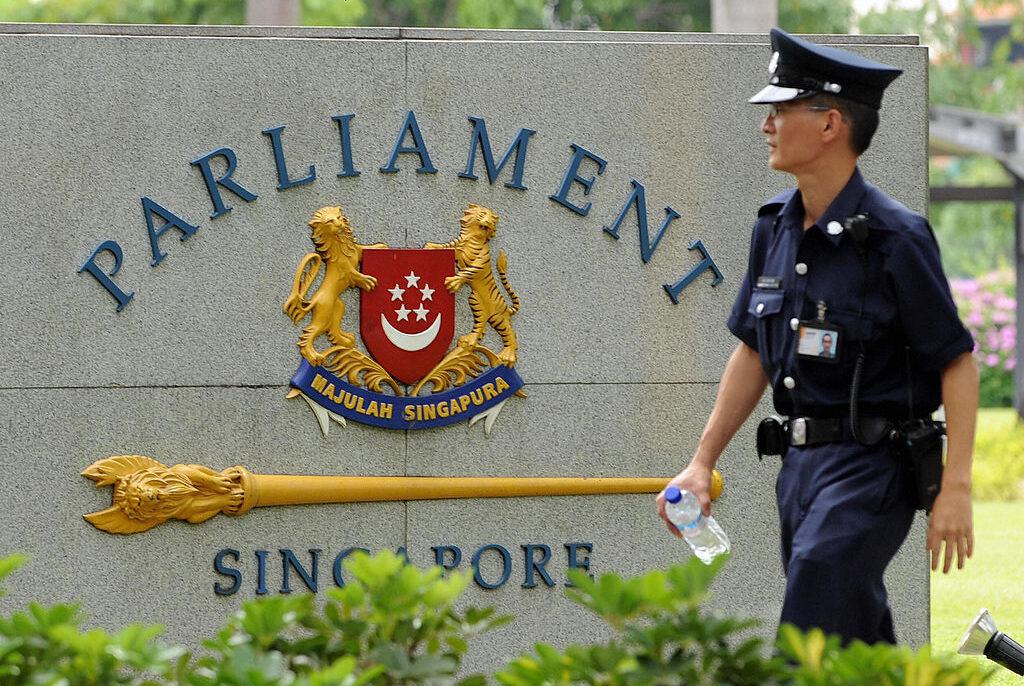Commentary
The Parliament of the Republic of Singapore recently decriminalised same-gender activity and, at the same time, adopted an amendment to the Constitution, which confers legislative power on the Parliament to define “marriage.” The electorate supports these changes because they purport to reconcile opposing and contentious views on same-gender attraction and same-sex marriage.





